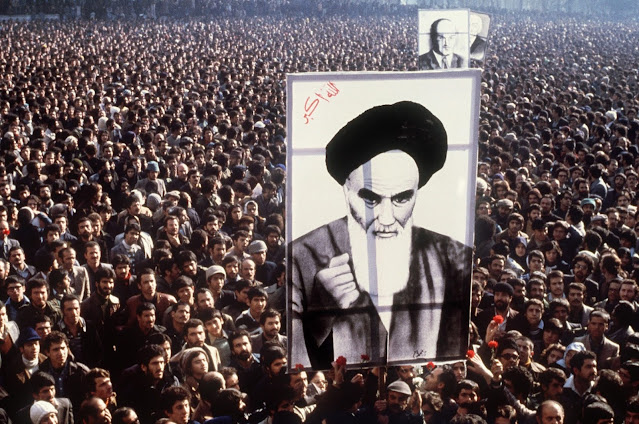Bahman Razani
ESL 100
October 9, 2021
Finding Hope in a Tragedy
Iran was the best and the most advanced country in the Middle East until a big tragedy happened. In 1978, there was an Islamic revolution that took control of the Iranian people. At that time, most of the Iranian celebrities and rich people left the country because they felt something was wrong, and they were absolutely right. The first thing the new regime did was kill whoever worked for the king of Iran, without any official trials. In fact, they are still killing the people to this day. The new regime brought some new rules for the whole country. They changed everything, even people’s lives and social behaviors. That was a major reason for the Iranians to leave the country.
One of the biggest changes was forcing women to cover up and to wear a hijab. The government also required men to have short haircuts because to them long hair was a part of the Western culture. In addition, men had to dress simple. Three colors became popular, black, gray and brown with white shirt, without a tie or a bow tie. When I look at our family’s old photo albums from forty-five years ago, when the king was in power, I can’t believe my parents are the same people in the photos. Their life had extremely changed after the revolution. In the photos, they looked happy and free. However, after the revolution, my parents looked different, but not in a good way. They looked sad and more serious. After the revolution, people had to be the person who the government wanted or they had to leave the country. However, many people like my family didn’t have the ability to leave the country. In fact, some people tried to stand up for these problems, but they were killed or went to jail just for asking and speaking up.
The new regime was in power for only two years when the war with neighboring country, Iraq, started. Already the Iranians were under pressure due to all the political changes, and the war made it worse. Most of the people lost their homes and jobs, and many families were killed by the bombing. At that time, I remember anyone who had money was leaving the country and immigrating to other countries. However, some families like mine couldn't leave the country. because they didn’t have money or someone to help them immigrate from Iran, left their city to other cities to find some safe place. Our city was close to Iraq, and it was very dangerous because there was a lot of bombings, so we immigrated to Doroud, a city farther from the border.
Furthermore, Iran became sanctioned by many western countries after the revolution because the Iranian government was a dictatorship. The new government stopped their communications with the countries around the world, except some few countries like China, Lebanon, Palestinian, and Russia. Those were the only countries that accepted the Islamic Republic of Iran. These problems made Iranians' lives harder, and made them more poor. However, instead of the people, the government and those who worked for them became richer than before. When I was in Iran, my mom always told my brother and me that It is too late for me because of my age, but you are young, and you have to leave this country to have a better life and be safe. However, I didn’t have money or any opportunity to leave the country. The only way I thought I could be successful was to study and try to be perfect in my profession. That is why I started to study fine art in the art academic university in Tehran. One day, at an art gallery one of my classmates introduced me to her sister who lived in the United States. After a year we got married and after almost four years, I left my motherland for the United States.
A tragedy can change someone’s life forever. This change can be positive or negative. The revolution in Iran made Iranians people’s life worse. Those who had the ability or chance to leave the country to live in freedom, left. However, the majority of Iranians have to stay and try to survive in this situation. The only hope that I have is one day I can help my family to come to the United States and have a better life and freedom for the rest of their lives. This is the hope I found in the tragedy of what happened to my motherland after the Islamic revelation.


















